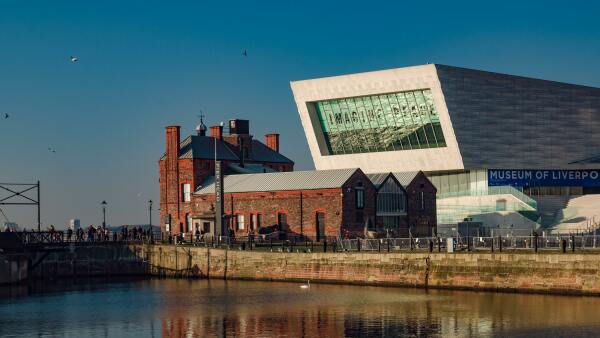With the rise of advanced technologies and a more tech-savvy lifestyle globally, the decline of the office as the centre of the primary workplace is more prevalent than ever, so it begs the question, if the relevance and necessity of offices have become obsolete, or is it too early to agree with this statement?
Many tech industries already adopt the typical 9-5 work hour lifestyle, and both the new and upcoming generations are embracing the freedom and flexibility of working from home. The rise of 'work from home' and decline in office culture has been heavily debated by various professions and industries for years, with many workers stating that work could not be done from home.

But with the recent pandemic and social distancing regulations, the results prove that most jobs are doable remotely and arguably more efficiently. What does that mean for the office's future once the pandemic problem is solved and everything is back to normal?
When so much communication and what we do is digital, it's normal to question why we still have offices when so many businesses allow the move to home working. Surely they are just heavily ingrained work traditions and cultures that we adhere to and are forced to cling to, but this doesn't paint the whole picture since there are valid arguments on both sides.
The main statement generally voiced by those against home working culture is that workers are not as productive at home as in an office environment. Most believe that if a person works from home, their productivity levels would fluctuate and cause them to procrastinate due to managers and co-workers' absence.
There have been numerous studies that suggest the opposite is true. Stanford University published a study when they monitored a company that tested and adapted the work from home movement. Their research found that people were far more productive at home and took fewer breaks. Other studies found that people working from home prolong their work hours and therefore increase their productivity levels. However, this structure may not lead to an even work-life balance. Some workers stated that it could be challenging to maintain a healthy balance between their professional and personal lives when working at home, and it may cause them more stress when working.
With advanced video conferencing apps like zoom and skype, there are countless methods of interacting and collaborating with colleagues, making it possible to hold large group meetings with other companies. This type of collaboration isn't limited to a fixed location but can even surpass an office's spatial confines.
On the other hand, some would still value face-to-face communication over a zoom video call. There are no worries about delays, slow internet speed, no pets or family members accidentally interrupting an important meeting. There is a natural human connection in a shared space, which brings it back to the argument's conclusion.
Advanced technology and communication methods will undoubtedly welcome significant work culture changes, which is evident in the previous months. Perhaps, it is still early to agree with the 'death of office' because an office environment gives us purpose, a common identity, and a shared place. Maybe it's possible to form a hybrid of the two as we move forward.